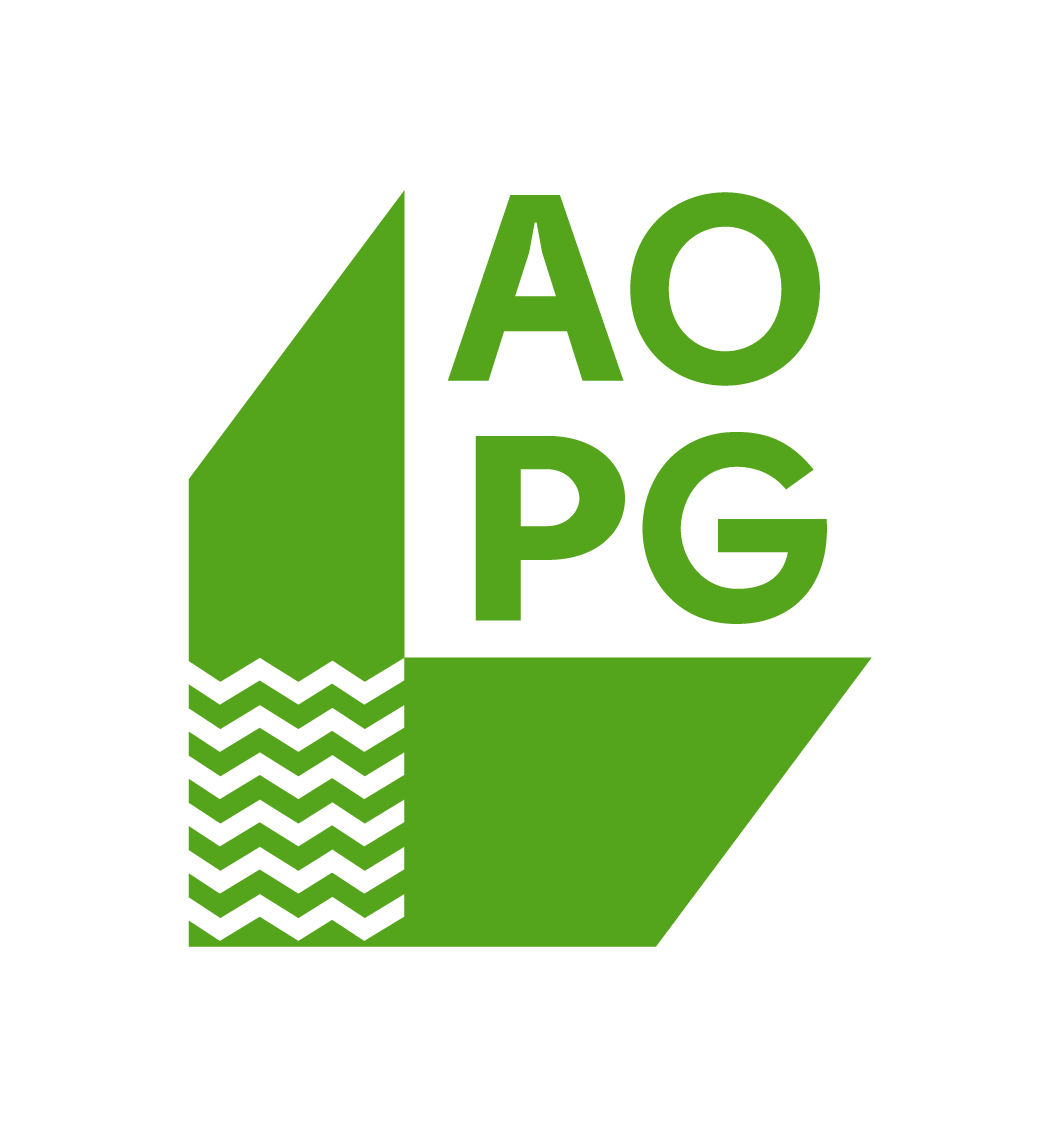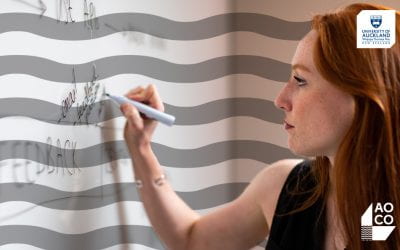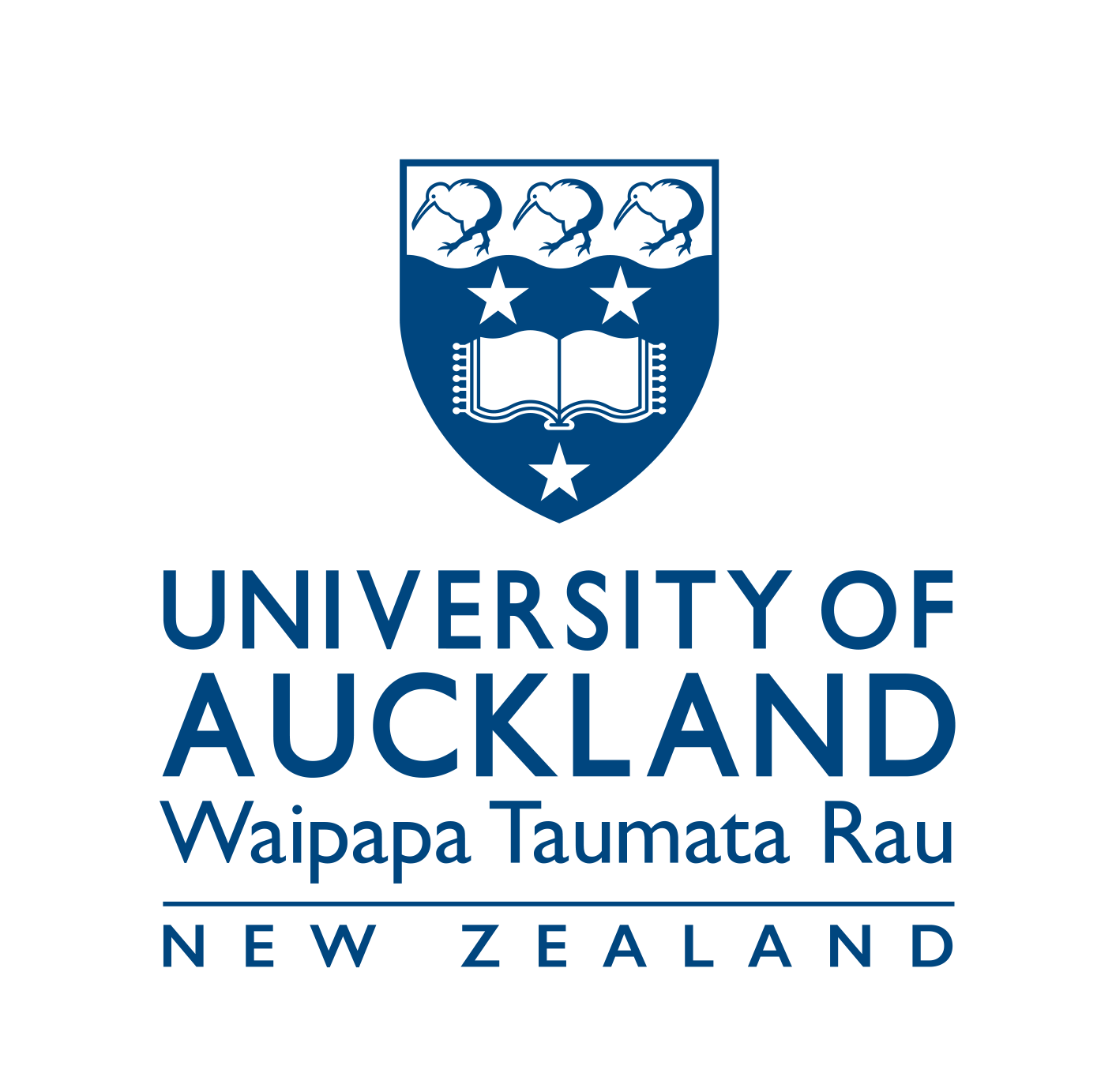Entry Requirements
and
A GPA/GPE of 5.0,
and
Three years of relevant work experience.*
*Pathway option available for those who do not meet the above requirements.
Duration
Next Start Dates
2024
- Semester 2: 15 July (Applications close 1 July)
Full Programme Fees
$12,783.60* (estimate)
This programme is not available to international students.
Programme Overview:
*If you do not meet the entry criteria for this programme, there are pathway options available. Enquire now.
Who, What, Why
Dr Deidre Le Fevre is an Associate Professor and Head of Graduate Programmes in Educational Leadership in the Faculty of Education and Social Work at the University of Auckland. She began her career as an elementary school teacher in New Zealand and the U.K before completing her PhD (Ann Arbor, Michigan) and moving into research and teaching at Washington State University. On return to New Zealand she has lead large-scale research projects investigating effective leadership and professional learning practices for educational change and improvement. Her research publications focus on practices that support leaders and facilitators improve their interpersonal effectiveness and solve complex problems. She brings knowledge and skills in understanding organisational change, the development of professional capability and effective leadership.
Watch our video to see why this programme could be ideal for you.
Course Code |
Course |
Description |
Points |
| EDPROFST 738 | Educational Leadership | An advanced examination of the theory and practice of educational leadership including the leadership of teaching and learning. Emphasis will be placed on the use of a substantive and integrated knowledge base, which can be applied to authentic work situations and a personal practice context. Focuses on the leadership practices that are central to effective educational leadership. | 30 |
| EDPROFST 782 | Educational Change | Examine the purposes and processes of educational change, including an analysis of practices that promote successful outcomes for change initiatives. Processes of educational change in both New Zealand and international contexts will be studied and critiqued from individual, organisational and systemic perspectives. Focuses on leadership practices that have the potential to promote change for improvement. | 30 |
| EDPROF 724 | Developing Communities of Learning | Critically examines key theoretical concepts and processes related to networked improvement communities, with a specific focus on optimising their development as drivers of change. Emphasis is on integrating theory and practice, especially concepts of equity and collaborative practices as they relate to solving problems of practice within and across educational settings. | 30 |
| EDUC 732 | Culturally Sustaining Leadership | An examination of culturally authentic leadership practices in Aotearoa. This course is designed to increase understanding of why there is a need to have culturally aligned leadership and the implications this might have on culturally sustaining that leadership across a range of contexts. | 30 |
| EDPROFST 762 | Mentoring Professionals | An advanced examination of approaches to mentoring and coaching. This course will provide a critical analysis of issues and practices associated with developing professional capacity. Emphasis will be placed upon the role of the educational leader in mentoring other staff into educational and leadership roles across an organisation. | 30 |
| EDPROFST 739 | Educational Policy and Organisations | An examination of debates about New Zealand educational policy. This course is designed to increase understanding of the policy process and to develop leadership skills and knowledge in being able to interpret and critique policy analyses. | 30 |
- Understanding of current debates in educational leadership and an appreciation of their impact on key stakeholders (e.g. learners, teachers, parents, whānau).
- Capacity to lead culturally responsive practices in leadership that are responsive to diversity and embrace difference.
- Demonstrate intellectual openness and curiosity , and undertake independent inquiry using appropriate research methodologies and methods.
- Engage in effective conversations about complex and difficult issues.
- Capacity to develop a stance of adaptive expertise in working to address systemic challenges in education.
- Commitment to ongoing professional learning and the development of personal and professional practice.
- Ability to identify, define, analyse, and solve problems of practice in a flexible manner.
- Demonstrate a focus on educational change that can have a positive influences on cultural, environmental, national and international issues.
- Understanding of Māori world views on leadership and learning and a commitment to the Treaty of Waitangi.
- Engage in educational inquiry as a means for problem solving and effective leadership in educational settings.
*Our Programme Advisors will provide all official programme information, including regulations about entry, enrolment, course fees, examinations and requirements for degrees, diplomas and certificates as per the University Calendar. Courses are paid per Semester. Fees are set in advance of each calendar year and will be updated on this website. Fees are inclusive of 15% GST, but do not include the Student Services Fee, course books, travel and health insurance, or living costs. Amounts shown are indicative only. In addition to the tuition fees, there is a Student Services Fee of $4.44 per point (online). Fees will be confirmed upon completion of enrolment into courses.
Master of Educational Leadership – Enquiry Form
We collect your contact details so we can send you information about studying at the University of Auckland. Please read our Privacy Policy for more information.
Engineering Contracts for Project Managers: Upskill your Career in your Own Time
In a previous blog post, we outlined why a sufficient knowledge of construction-specific contract law is essential to being a successful project manager and/or industry professional. The University of Auckland Engineering School in partnership with...
Build your Engineering Project Management Career: Why Contract Law is a Must-Have Skill
Contracts are the foundation of any engineering project: outlining the rights, obligations, and responsibilities of all parties involved. Well-structured and well-understood contracts provide clarity, ensure accountability, and minimise the potential for lengthy and costly disputes.
Which Project Management Methodology is Best for Your Cross-Functional Team?
Starting a new project? Agile, waterfall, and Kanban are three popular project management methodologies used in organizations. Each has its own strengths and weaknesses, and their suitability for cross-functional projects may vary.





